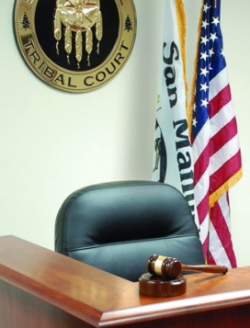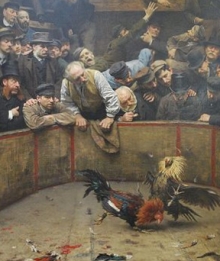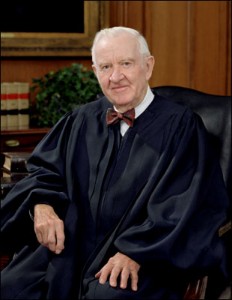The Criminal Jurisdiction of Indian Tribes
 This is the third in a series of posts addressing commonly asked questions regarding American Indians, Indian Tribes, and the law. The first post dealt with casinos, taxation, and hunting and fishing rights, while the second focused on the relationship between the unique legal treatment of Indian tribes or their members and the U.S. Constitution’s guarantee of equal protection. This post will explore the criminal jurisdiction of tribes, with the expectation that one or more future posts will similarly explore the criminal jurisdiction of the federal and state governments in relation to Indians or conduct on Indian lands.
This is the third in a series of posts addressing commonly asked questions regarding American Indians, Indian Tribes, and the law. The first post dealt with casinos, taxation, and hunting and fishing rights, while the second focused on the relationship between the unique legal treatment of Indian tribes or their members and the U.S. Constitution’s guarantee of equal protection. This post will explore the criminal jurisdiction of tribes, with the expectation that one or more future posts will similarly explore the criminal jurisdiction of the federal and state governments in relation to Indians or conduct on Indian lands.
Sovereignty, as conceptualized in the Western legal-political tradition, has customarily included the power to enact and enforce a criminal code against persons who, within the sovereign’s territory or against its citizenry, commit conduct injurious to health, safety, welfare, and morals. This is a theoretical standard, however, and today across the globe as well as in the United States—and not just with regard to Indian tribes—one can observe forms of sovereignty that include degrees of diminished (or less-than-plenary) criminal jurisdiction.
The most obvious domestic example involves the respective authority of the federal and state governments.


